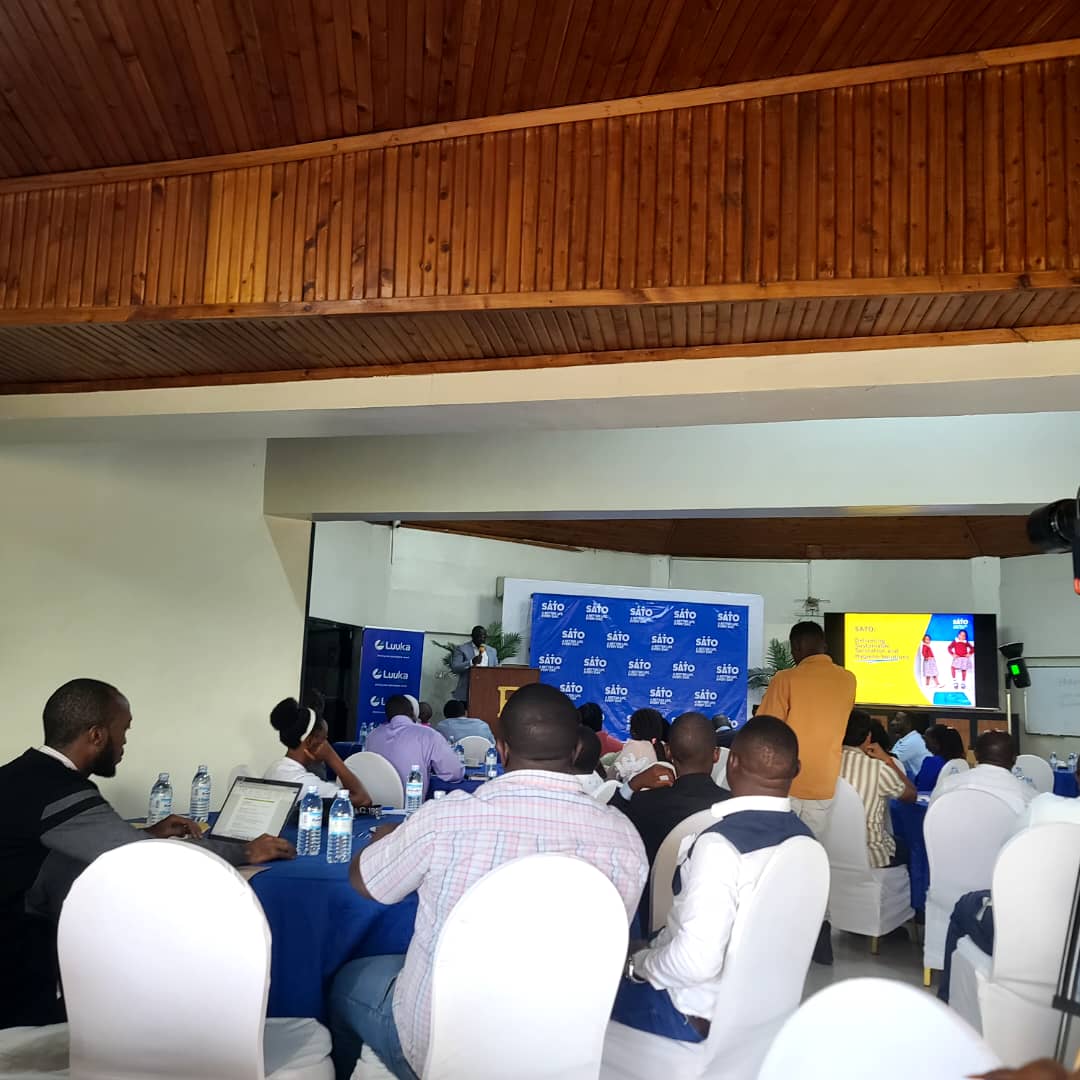Introduction: Big Contracts, Small Access
In Kenya, public procurement is a KSh 1.3 trillion industry—a massive slice of the economy that the government wants to use to empower marginalized groups, including women, youth, and persons with disabilities. Through the Access to Government Procurement Opportunities (AGPO) initiative, launched in 2013, Kenya committed to allocating at least 30% of government contracts to these groups.
But over a decade later, women entrepreneurs still receive less than 2% of these tenders. In a system fraught with bureaucratic hurdles, corruption, and outdated perceptions, success stories like Anne Munyao and Ann Mwaniki are still the exception, not the norm.
Anne Munyao: A Teacher’s Tender Turns into Opportunity
In Machakos County, Anne Munyao, a school headteacher, broke into the male-dominated world of public procurement when she successfully bid to supply gazebos for polling stations during local elections. Through AGPO, she expanded her side business to supply cooking oil and fresh produce to nearby schools.
Her success has enabled her to pay off debts and put her daughter through college—proof that when AGPO works, it works transformationally.
Ann Mwaniki: From Rural Roots to National Contracts
Raised in a rural farming community, Ann Mwaniki had limited options after completing school. She left her job in insurance and launched a business in 2017.
Today, she has completed over 100 government contracts, supplying everything from stationery to construction services to major parastatals like the Kenya Airports Authority and the national electricity utility.
Her company’s growth allowed her to build two homes and educate her three children. Mwaniki credits AGPO for unlocking opportunities she never imagined possible.
The Hidden Barriers: Why Most Women Are Still Locked Out
Despite its promise, AGPO has not delivered widespread impact. Research by Strathmore University and the Institute for Social Accountability, supported by the GrOW–East Africa initiative, has uncovered deep-rooted barriers:
1. Lack of Enforcement
Many government entities ignore the 30% procurement requirement for women-owned businesses. According to Dr. Ruth Kiraka, a management expert at Strathmore University, political will and enforcement remain critically low.
2. Low-Value Contracts
Even when tenders are allocated through AGPO, they tend to be small-value contracts, reinforcing a perception that women can’t handle large-scale deals.
3. Access to Capital
With 97% of land in Kenya owned by men, women struggle to offer collateral for business loans. Banks are hesitant to finance public procurement projects due to the government’s track record of delayed payments—some as late as three years.
4. Corruption and Exploitation
Women entrepreneurs report facing bribe requests and, disturbingly, sexual coercion in exchange for contracts. Others speak of tenders that are pre-awarded before official advertisements even go public.
5. Exploitation of Women’s Names
Men sometimes register businesses in the names of wives or relatives to qualify for AGPO, yet the actual contracts remain male-dominated.
Real Numbers, Real Disappointment
Although over 515,000 women-owned enterprises are eligible for AGPO, only about 25,000 are actively registered, representing just under 5% participation. Many women have chosen not to renew their AGPO certificates, disillusioned by systemic inefficiencies.
Steps Toward a More Inclusive System
Researchers and policy advocates are calling for multi-level interventions:
• Capacity-building for women entrepreneurs through training and mentorship
• Improved access to finance via specialized loan products backed by AGPO guarantees
• Digital reforms to streamline the registration and renewal process
• Strict enforcement and auditing of the 30% tender allocation
• Anti-corruption measures, including confidential reporting mechanisms
Some grassroots solutions are already taking root. Women’s consortia and local chambers are pooling resources to bid for larger contracts. Strathmore University is integrating government procurement training into its entrepreneurship curriculum.
Looking Across Borders: Regional Impact
The findings from Kenya are being shared with researchers across five East African countries, including Tanzania and Uganda, to foster region-wide improvements in gender-inclusive procurement. The GrOW–East Africa initiative continues to explore sector-specific challenges and solutions that empower women in traditionally male-dominated industries.
Conclusion: From Policy to Practice
The stories of Anne Munyao and Ann Mwaniki prove that inclusive procurement works—when implemented effectively. AGPO has opened doors for a few, but to become a powerful engine for women’s economic empowerment, it must tackle the systemic and cultural barriers that keep most women out.
“AGPO transformed my mindset,” says Mwaniki. “It showed me that anything is possible.”
With the right reforms and collective commitment, that possibility could extend to hundreds of thousands more women across Kenya and East Africa.
Sidebar: At a Glance – Key Challenges in AGPO
Challenge Impact
Poor enforcement of the 30% rule Women-owned businesses left out
Small, low-value tenders Limits income potential
Limited access to loans Many cannot afford to deliver
Corruption and harassment Deters honest participants
Male exploitation of AGPO loopholes Women fronted, men profit



